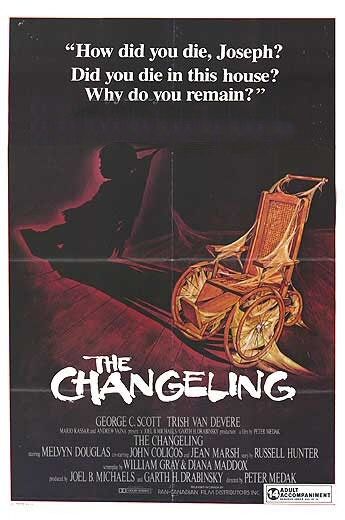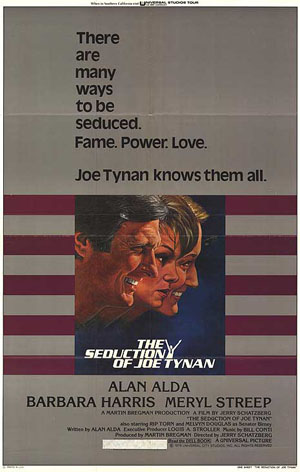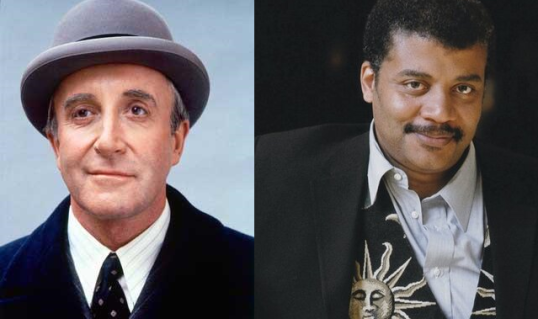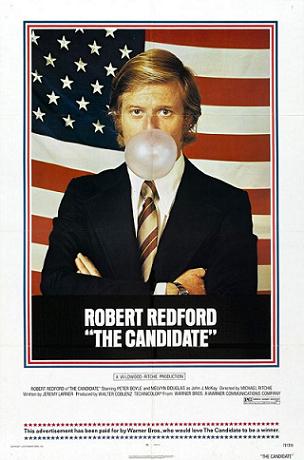 If you love horror movies, you have to track down and see The Changeling.
If you love horror movies, you have to track down and see The Changeling.
First released in 1980, The Changeling stars George C. Scott as John Russell, a composer. At the start of the film, he watches helplessly as both his wife and his daughter are killed in a horrific auto accident. The grieving John leaves his New York home and relocates to Seattle, Washington. With the help of a sympathetic realtor, Claire Norman (Trish Van Devere), John finds and rents a previously abandoned Victorian mansion.
At first, it seems that John is alone with his grief. But, as you can probably guess, it quickly becomes apparent that John isn’t alone in his house. Windows shatter. Doors slam. And, most dramatically, every night a mysterious banging sound echoes through the house. Slowly, John comes to suspect that his house might be haunted…
And, of course, it is! It’s no spoiler to tell you that because the film is admirably straight forward about being a ghost story. And what a clever ghost story it is. I don’t want to give too much away so I’ll just say that the story behind the ghost involves a powerful family, an age-old scandal, and a powerful U.S. Senator (played, with a mixture of poignant sadness and menace, by Melvyn Douglas).
The Changeling is a very well-done and effective ghost story. For the most part, director Peter Medak emphasizes atmosphere over easy shocks, the end result being a film that maintains a steady feeling of dread and sticks with you long after the final credit rolls up the screen. George C. Scott is well-cast as John Russell, capturing both the character’s grief and his curiosity. (There’s actually a very interesting subtext to the film, in that investigating death actually gives John a reason to live.) At the time the film was made, he was married to Trish Van Devere and the two of them have a very likable chemistry. And, as previously stated, Melvyn Douglas makes for a great quasi-villain.
(It’s interesting to compare Douglas’s intimidating work here with the far more sympathetic performances that he gave, around the same time, in Being There and The Seduction of Joe Tynan.)
My favorite scene in The Changeling comes when John and Claire hold a séance in order to try to discover what the ghost wants. The séance team is made up one woman who asks questions, one woman who channels the spirit and writes down his answers, and one man who reads the answers after they’re written. It’s a wonderfully effective scene, dominated by the eerie sounds of questions being asked, answers being scribbled, and then being shakily read aloud. It’s probably one of the best cinematic séances that I’ve ever seen.
The Changeling is a wonderful mix of political intrigue and paranormal horror. It was also the first film ever to win a Genie award for Best Canadian Film, which just goes to prove the 90% of all good things come from Canada.



